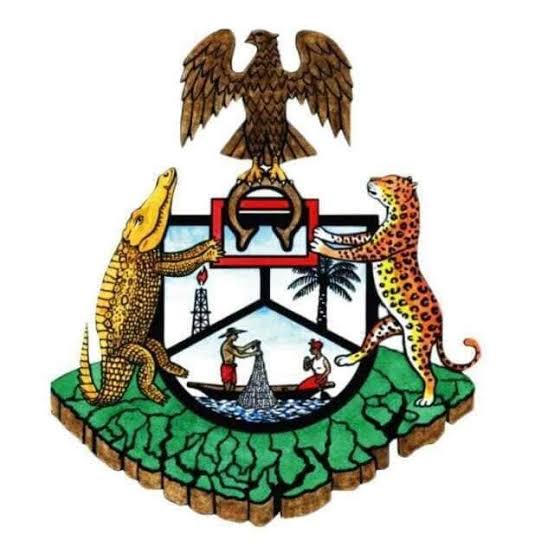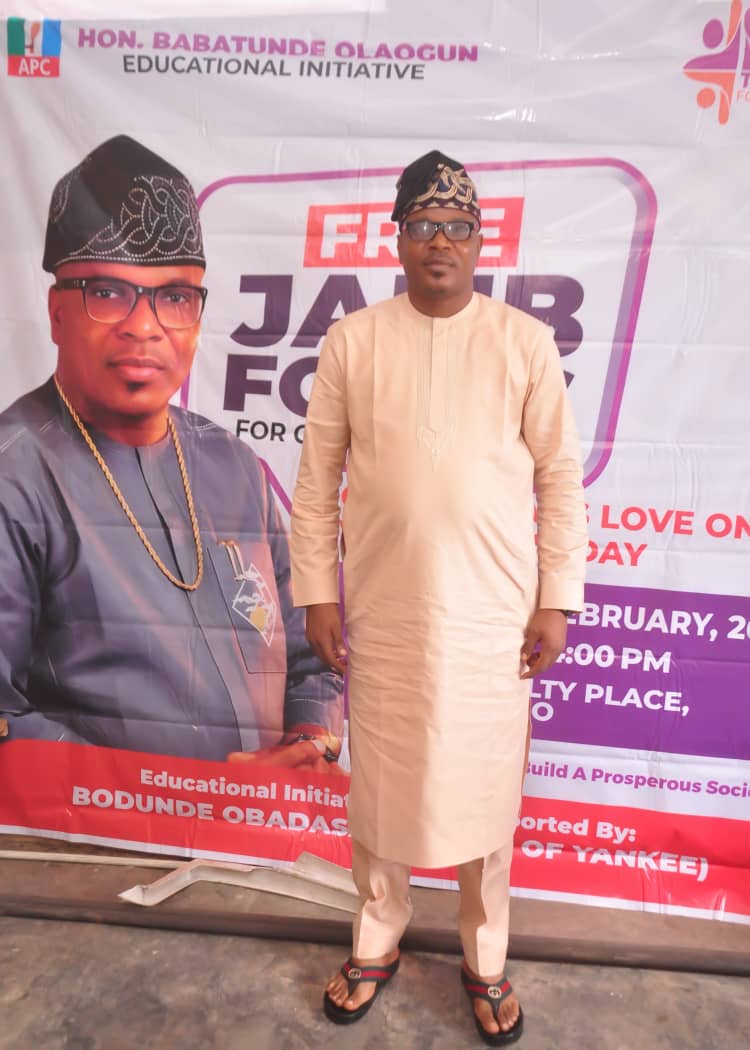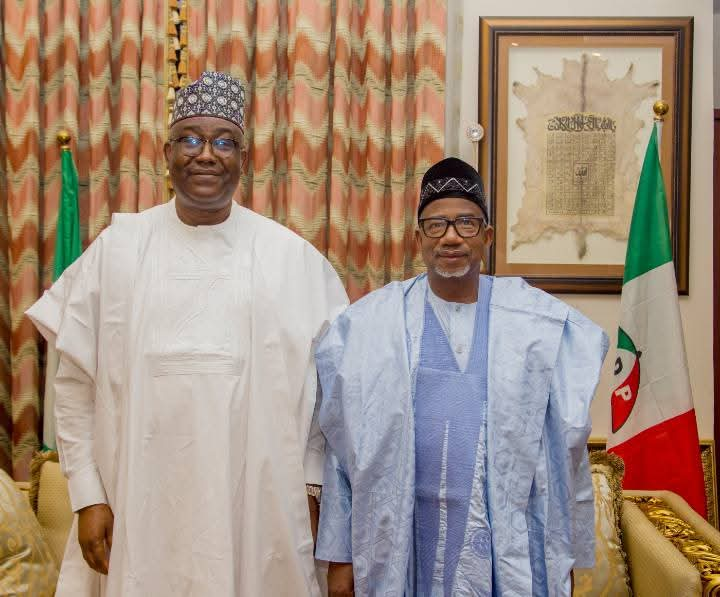Ijaw Leader Accuses Itsekiris of Benefiting from Phantom Wards, Backs INEC Exercise

Former President of the Ijaw Youth Council, Dr. Eric Omare, says the Independent National Electoral Commission’s (INEC) ongoing ward delineation in the Warri Federal Constituency has unsettled those who previously benefited from what he called “minority rule over majority.”
Speaking on Politics Today on Channels Television, Omare stated that the recent field report by INEC is ruffling feathers among groups that had profited from what he described as historic injustices.
“The Itsekiris are scared of the proposed wards because they have been very unfair to their neighbors,” Omare said. “For decades, wards and polling units were allocated to areas with little or no population—sometimes even to locations that don’t exist.”
The delineation exercise follows a Supreme Court judgment delivered on December 2, 2022, which ordered INEC to conduct a fresh ward mapping based on constitutional and electoral guidelines.
According to Omare, the ruling nullified previous arrangements, declaring them “arbitrary and unconstitutional.”
“The Supreme Court was clear—this is not a review, but a fresh delineation,” he explained. “It must be based on actual population figures and existing infrastructure, not outdated political compromises.”
Omare, a lawyer and community leader, said Itsekiri resistance stems from the rebalancing of political representation.
In Warri South-West, the number of wards increased from 10 to 19, with the Ijaws now holding 14 and the Itsekiris five. In Warri North, the count rose from 10 to 18, with Ijaws getting 10 and Itsekiris eight.
“Old things have passed away,” Omare said. “You cannot build on a faulty foundation. If a unit has no people, it shouldn’t exist—it’s a waste of national resources.”
INEC’s draft report, informed by fieldwork and community input, has sparked protests from some Itsekiri groups, including highway blockades and threats to oil installations.
“That is unnecessary and condemnable,” Omare said. “INEC opened a window for observations. Some groups have already submitted theirs. The lawful process must be respected.”
On claims that the new arrangement unfairly favors the Ijaw, Omare disagreed.
“The real issue has always been fictitious units used to marginalise real populations. This delineation is simply correcting that. In fact, some ghost units still need to be removed,” he noted.
He also pointed to long-standing marginalisation of Ijaw communities.
“In Warri South-West, we’ve never produced a local government chairman. This new delineation doesn’t guarantee us one, but it gives us a fair shot. That’s all we’ve ever asked for.”
As tensions simmer, Omare urged stakeholders to remain calm and follow due process.
“INEC must be bold. This isn’t about taking from one group and giving to another. It’s about justice, fairness, and the rule of law.”











